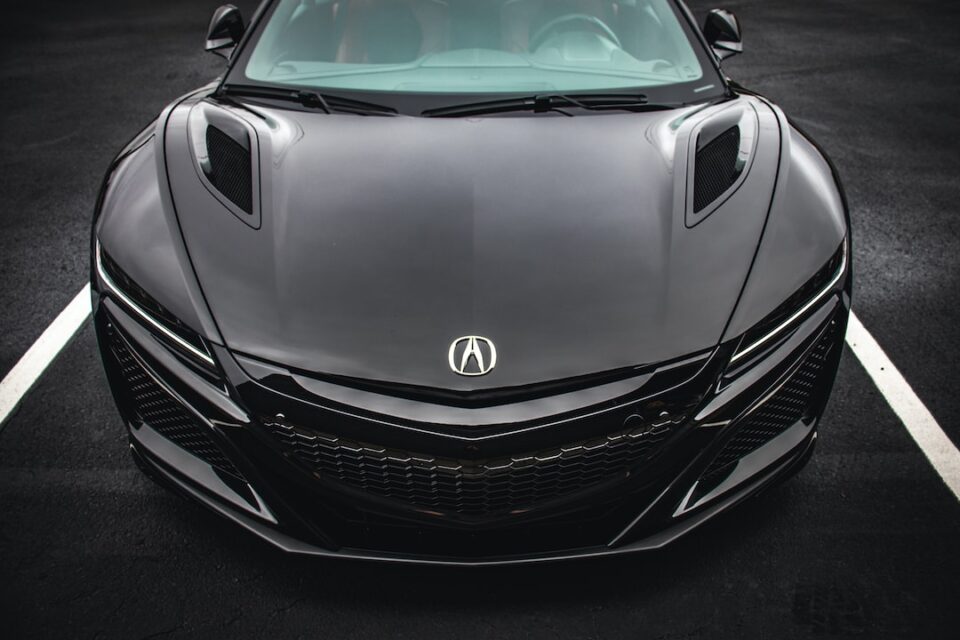Choosing the color of your car may seem like a minor decision, but it can actually have a significant impact on your driving experience. A car’s color can affect its resale value, appearance, and reflectiveness, among other factors. So, how do you go about selecting the perfect color for your vehicle? Here are some tips on how to pick the right car color.
Consider Your Lifestyle
Your lifestyle should influence the choice of color for your car. If you have a family with young kids, you might want to go for a color that does not show dirt easily, such as white or silver. If you are an adventurous person who enjoys the outdoors, you may want to choose a color that matches that look, like a bright green or yellow. If you are a businessperson who works with clients, a dark, professional color like black or navy blue could be a good choice.
Check Your Budget
Some colors tend to be more expensive than others. Before deciding on your car’s color, you should check with the dealership to see which hues come with extra charges. It’s important to note that custom colors can be hugely expensive, so you should only consider these options if you’re willing to pay a high price.
Think About Resale Value
Your car’s hue can also greatly influence its resale value. Generally, neutral colors like black, white, silver, and gray tend to be the most popular with prospective buyers. They blend in with the environment, are easy to maintain, and don’t draw too much attention. Bright or polarizing colors like pink, yellow, and orange, on the other hand, may be harder to sell.
Visualize the Hue
Before committing to a color, visualize how it will look in different kinds of lighting. Your car color can look different in daylight as opposed to under artificial lighting or in the dark. You can take a test drive or investigate the car in different settings to see how the hue will look in a variety of situations.
Think About Safety
Car color and safety are a combination that people usually do not consider. However, the color of your vehicle can have an impact on your level of visibility on the road, especially in bad weather conditions. It’s important to also consider other warning signs like signals and brake lights when coming up with a final decision. A brightly colored car, like a red or orange, will stand out and be more easily seen by other drivers.
Think About Weather Conditions
The weather and car color are also linked. Lighter colors like white and silver tend to reflect light and heat better, while darker colors like black and navy blue tend to retain heat. So, if you live in an area that gets particularly hot, you might want to choose a light-colored car to keep the interior temperature moderate. Conversely, if you live in an area with more extreme winter weather, a darker-colored car may be a better option to keep your car warm.
Your Personal Style
Ultimately, the color you choose for your vehicle should reflect your personal style. Choosing a color that you love will make you feel more connected to your car, making you more likely to feel confident driving it. Don’t feel pressured to choose a particular color just because it’s trendy or popular. Choose a shade that feels close to your heart, whether that’s a bold hue or a more neutral shade, will ultimately make you feel the most satisfied.
In conclusion, choosing the right car color is not as easy as it might seem. There are various factors to consider before committing to a hue that will not only define the car but your personality as well. The color should be reflective of your style, driving habits, weather conditions, safety, and more. By taking note of the above points, you’re more likely to end up with the car of your dreams, both in terms of looks and functionality. Happy shopping!

